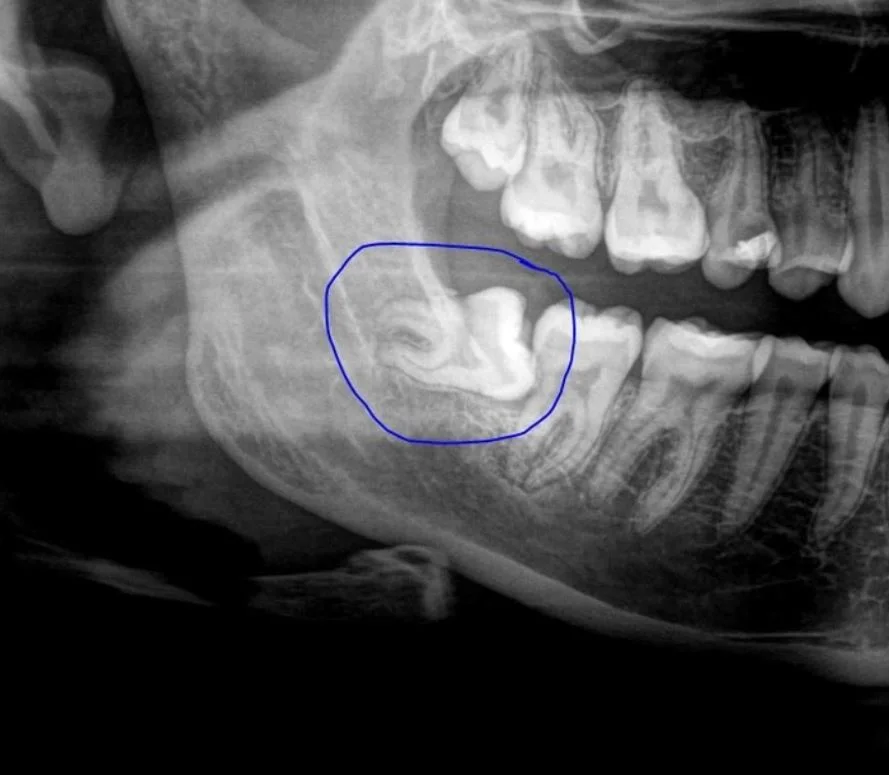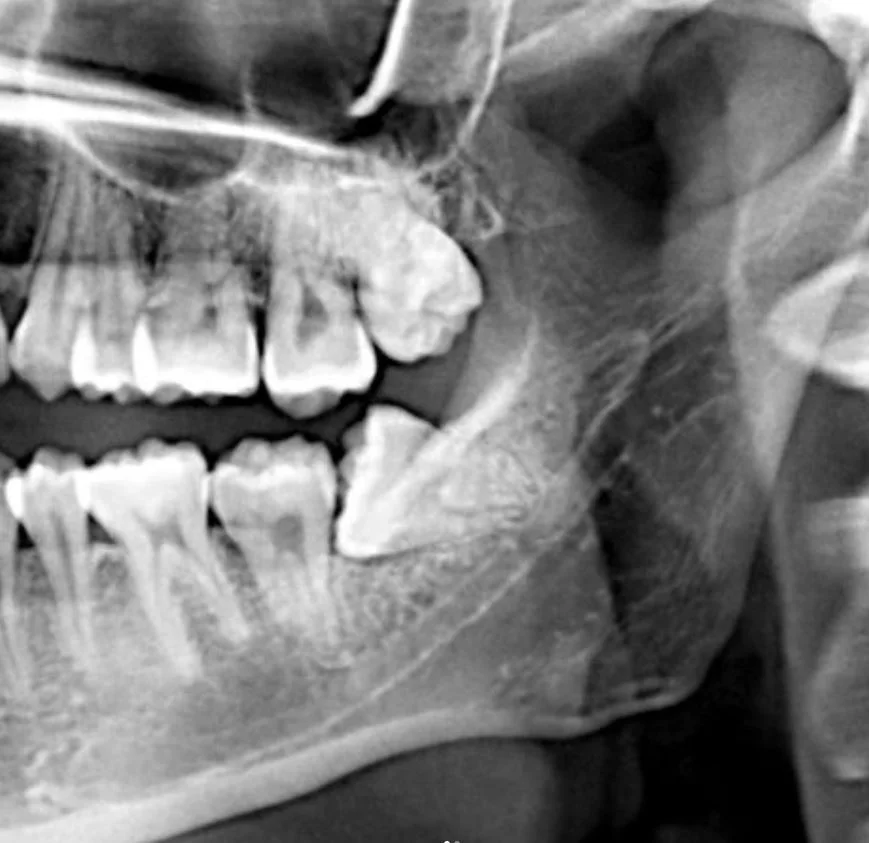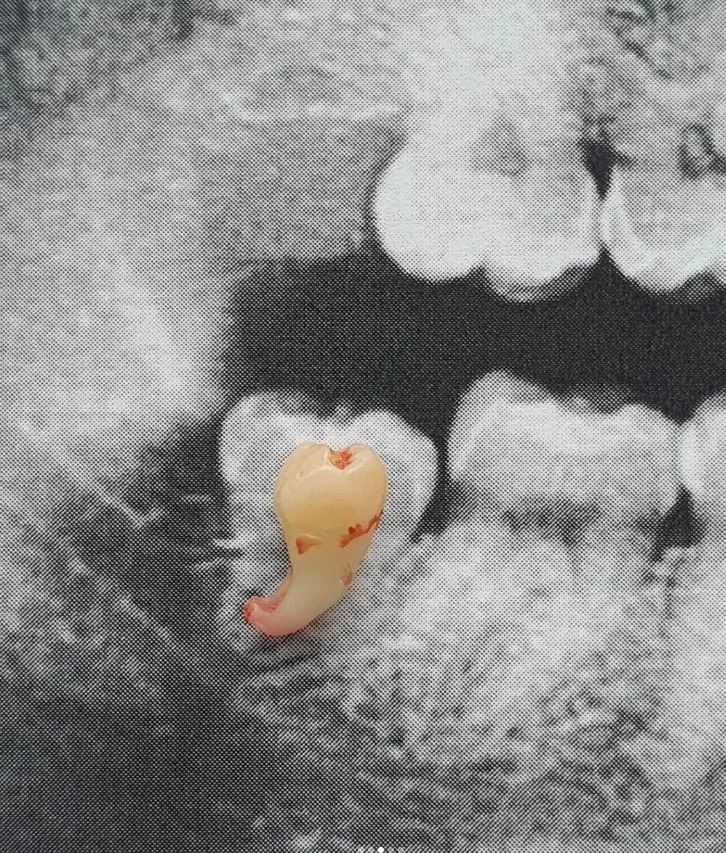Experience a minimally painful
wisdom teeth extraction
Experience a minimally painful wisdom teeth extraction
Wisdom Unveiled, Pain Relieved: Your Journey to a Brighter Smile Begins Here.

How to prepare for wisdom teeth removal?



How to prepare for wisdom teeth removal?
The process of wisdom teeth removal typically involves several key stages. Initially, you’ll have a consultation with the oral surgeon to discuss the procedure, address any concerns, and determine the most suitable anesthesia or sedation option for you. On the day of the surgery, you’ll be prepped for the procedure, and the chosen anesthesia will be administered. Once you’re sedated or the area is numbed, the oral surgeon will carefully extract the wisdom teeth.
The duration of the surgery depends on factors like the number and complexity of the extractions. After the removal, you may experience some bleeding, which is normal and controlled by biting on gauze. Post-surgery, you’ll be monitored in a recovery area until the anesthesia wears off.
It’s common to experience swelling and discomfort in the days following the procedure, managed with prescribed pain medication and ice packs. Follow the post-operative care instructions provided by your oral surgeon, which may include dietary restrictions, proper oral hygiene practices, and attending a follow-up appointment to ensure proper healing.
Overall, understanding these steps can help alleviate anxiety and ensure a more comfortable experience during and after wisdom teeth removal.
What to expect during wisdom teeth removal?
The process of wisdom teeth removal typically involves several key stages. Initially, you’ll have a consultation with the oral surgeon to discuss the procedure, address any concerns, and determine the most suitable anesthesia or sedation option for you. On the day of the surgery, you’ll be prepped for the procedure, and the chosen anesthesia will be administered. Once you’re sedated or the area is numbed, the oral surgeon will carefully extract the wisdom teeth. The duration of the surgery depends on factors like the number and complexity of the extractions. After the removal, you may experience some bleeding, which is normal and controlled by biting on gauze. Post-surgery, you’ll be monitored in a recovery area until the anesthesia wears off. It’s common to experience swelling and discomfort in the days following the procedure, managed with prescribed pain medication and ice packs. Follow the post-operative care instructions provided by your oral surgeon, which may include dietary restrictions, proper oral hygiene practices, and attending a follow-up appointment to ensure proper healing. Overall, understanding these steps can help alleviate anxiety and ensure a more comfortable experience during and after wisdom teeth removal.


What to expect during wisdom teeth extraction?
The process of wisdom teeth removal typically involves several key stages. Initially, you’ll have a consultation with the oral surgeon to discuss the procedure, address any concerns, and determine the most suitable anesthesia or sedation option for you. On the day of the surgery, you’ll be prepped for the procedure, and the chosen anesthesia will be administered. Once you’re sedated or the area is numbed, the oral surgeon will carefully extract the wisdom teeth.
The duration of the surgery depends on factors like the number and complexity of the extractions.
After the removal, you may experience some bleeding, which is normal and controlled by biting on gauze. Post-surgery, you’ll be monitored in a recovery area until the anesthesia wears off. It’s common to experience swelling and discomfort in the days following the procedure, managed with prescribed pain medication and ice packs.
Follow the post-operative care instructions provided by your oral surgeon, which may include dietary restrictions, proper oral hygiene practices, and attending a follow-up appointment to ensure proper healing. Overall, understanding these steps can help alleviate anxiety and ensure a more comfortable experience during and after wisdom teeth removal.

Is sedation necessary for wisdom teeth extraction
Sedation for wisdom teeth extraction is not always mandatory, but it is commonly recommended to enhance patient comfort and ease anxiety during the procedure. The level of sedation can vary, ranging from local anesthesia (numbing the specific area) to intravenous sedation or general anesthesia, where the patient is unconscious. The choice of sedation depends on various factors, including the complexity of the extraction, the patient’s anxiety levels, and the oral surgeon’s recommendation.
For majority of wisdom teeth extractions, local anesthesia might be sufficient to numb the surgical area, allowing you to remain conscious throughout the procedure. However, in cases of more complex extractions or for individuals with dental anxiety, sedation options may be suggested to create a more relaxed experience.


Is sedation necessary for wisdom teeth extraction
Sedation for wisdom teeth extraction is not always mandatory, but it is commonly recommended to enhance patient comfort and ease anxiety during the procedure. The level of sedation can vary, ranging from local anesthesia (numbing the specific area) to intravenous sedation or general anesthesia, where the patient is unconscious. The choice of sedation depends on various factors, including the complexity of the extraction, the patient’s anxiety levels, and the oral surgeon’s recommendation.
For majority of wisdom teeth extractions, local anesthesia might be sufficient to numb the surgical area, allowing you to remain conscious throughout the procedure. However, in cases of more complex extractions or for individuals with dental anxiety, sedation options may be suggested to create a more relaxed experience.
Wisdom Unveiled, Pain Relieved: FAQs
How long does it take to recover from wisdom teeth removal?
Recovery time after wisdom teeth removal varies, but most individuals can expect to recover fully within about one to two weeks. The initial healing period typically involves swelling and discomfort for the first few days, gradually improving over time. Following post-operative care instructions, such as taking prescribed medications, using ice packs, and maintaining a soft-food diet, can contribute to a smoother recovery process. It’s essential to avoid strenuous activities during the initial days and attend any follow-up appointments with the oral surgeon for proper monitoring.
What are the potential complications of wisdom teeth removal?
While wisdom teeth extraction is a common and generally safe procedure, there are potential complications that may arise. These can include infection, excessive bleeding, dry socket (a painful condition where the blood clot is dislodged or dissolves before the wound heals), nerve damage, and sinus issues for upper wisdom teeth removal. Adhering to post-operative care guidelines, taking prescribed medications, and promptly addressing any concerns with the oral surgeon can help minimize the risk of complications.
How much does wisdom teeth removal cost without private health fund?
The cost of wisdom teeth removal without health fund can vary based on factors such as the complexity of the extraction and the number of teeth being removed. On average, the cost can range from $400 to $1000 per tooth. It’s advisable to consult with oral surgeons and obtain detailed cost estimates beforehand.
Why Choose EasyCare Family Dental?
At Easycare Family Dental, our dental team is committed to making your wisdom teeth extraction procedure comfortable, straightforward and stress-free.
Transparent pricing, along with positive patient reviews, establishes EasyCare Family Dental as a reliable choice for those seeking professional and compassionate care for wisdom teeth extraction.
For a dental appointment that delivers the outcomes you desire, come to our state-of-the-art facility in East Brisbane.
